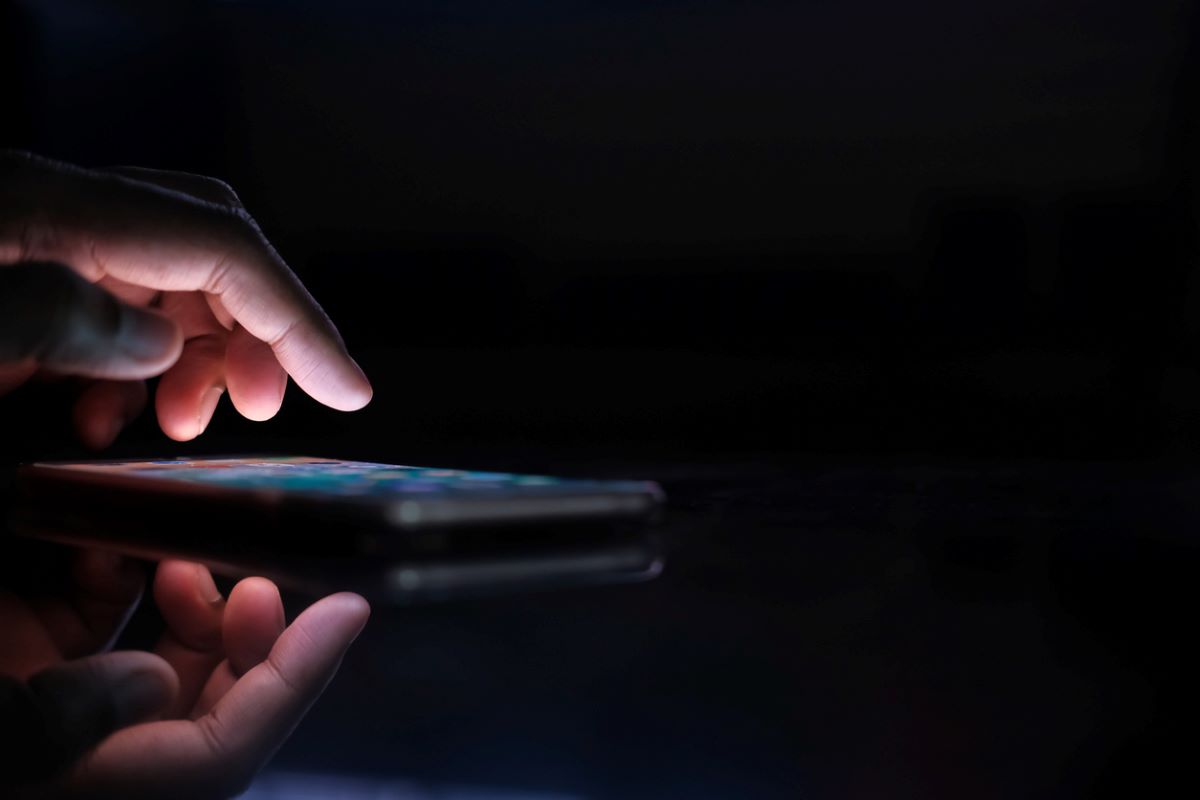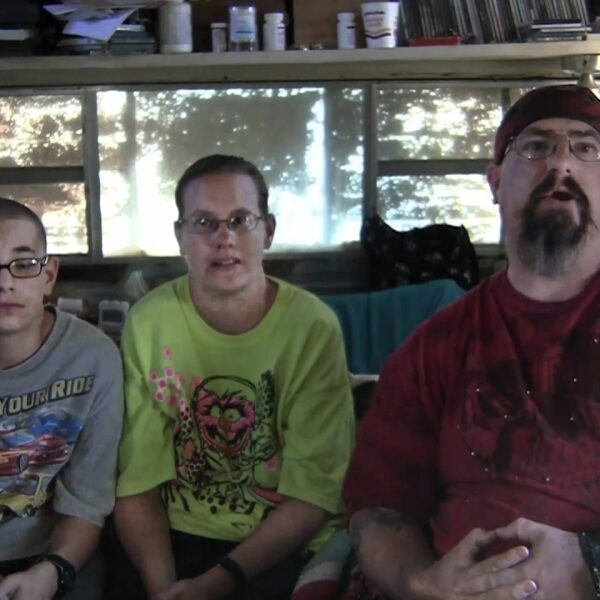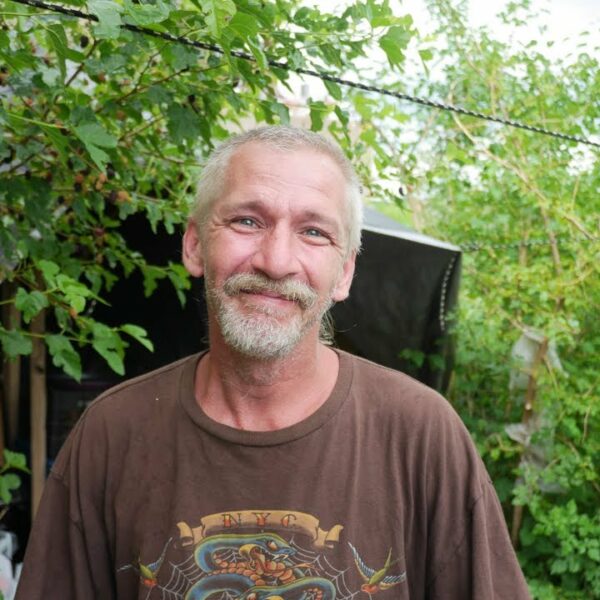You might have heard that social media is dying on the vine. I have noticed it for a while, so it’s not news to me. I thought it was true long before Musk bought Twitter. I noticed it on Instagram first. They kept showing me “surveys” asking about ads disguised as posts. Which ones looked least like an ad? You were training the software more so than taking a survey.
Maybe you knew that, maybe you didn’t. Over the last few years, the number of ads in all social media feeds has increased tremendously while showing less and less content of people you actually follow. It’s just not worth it anymore.
If I can’t see more than two things I want to see before dealing with ads and posts I didn’t ask to see, it’s a waste of my time. I hear so many people agreeing with my thoughts on this.
The world may be better off without social media. Humanity survived for eons without it, and in under two decades, it has devolved into a worse state of chaos, polarization, and derision than it seemed to have been before. Maybe that’s just the perception, which is easier to watch on a global stage.
When I created my first-ever Twitter account (I refuse to call it “X”), I could easily get followers and share content that got some interaction. Granted, that was all about happy stuff like Marvel comics and sci-fi fandoms.
In 2016, I created the one I use for all things homeless-related because I didn’t want to have a serious topic like homelessness shared with a frivolous account focused on costuming and entertainment. However, it took a lot of work to get followers this time. It was only due to a significant share with a related hashtag by someone popular at the time that I got as many people as I now have, which is only 920 followers.
How could I have less than a thousand followers after eight years, and some of those years included writing this bi-monthly column on Invisible People?
Do not misinterpret me. This is not about likes, selfies, and ego. I created the account to share experiences and information.
In the beginning, I had met a handful of fellow homeless women via that account, and they were just like me, hiding away in a vehicle, stricken with chronic illness, and not receiving enough income to live anywhere. Some of these would be critical connections for me.
This was also how I discovered Invisible People, as well as the very tragic figure of Mary, known as Homeless in Dallas, who died in 2020 after years of being homeless with cancer.
Between about 2018 and 2022, I had many critical situations arise. Thanks to my connections on Twitter, I raised enough money with GoFundMe, eBay sales, and private donations to get through each crisis individually. Granted, my original GoFundMe, which is still live, never raised enough to save me from my fate. But through vehicle emergencies, health crises, and dental emergencies, I was able to get through.
A few shares of my pleas from some of my followers and Invisible People were enough to get the necessary donations fairly quickly. That was the power of social media, even with my less than a thousand followers.
However, it’s become almost impossible now—not just for individuals like me but even for Invisible People, which relies on crowdfunding to make important documentaries about critical subjects and for general education.
Even before the Twitter buyout, the platform was beginning to suffer. Just the mere rumor that Musk was going to buy it sent many good people packing.
Social media made it possible for anyone to have a voice. Today, the main social media platforms seem to have little reach except for those who have a lot of money and persuasion to start with. I’ve seen people I followed for years complain that they now get fewer interactions and posts from people they know.
It’s easy to see how all this impacts the fight we’re in to get the word out about the truth of the housing crisis and homeless people.
Those who advocate for criminalization have deeper pockets and can campaign more aggressively against us. They don’t want to see housing first. Instead, they want internment camps for homeless people to become a reality.
As they push for that agenda, they have a louder voice on social media, swaying even more people into seeing criminalization as a good thing. Meanwhile, we – the victims and our advocates – lack the funds to reach people with the opposing message.
More and more, we are aptly named – Invisible people.
The fact is that the private prison industry is a massive money-maker with an incentive to incarcerate more people. If you create laws to criminalize homeless people, then just by existing, the homeless population becomes illegal. This allows the incarceration of homeless people, and private prisons can claim to be housing them with justification.
If no one stood to make a dime from this horrible arrangement, I doubt the push for criminalization would be bigger than the push for getting human beings into decent housing. It’s no wonder that they seek to vilify all homeless people as drug addicts and criminals.
Unfortunately, those who are most visible, often struggling with mental illness or substance abuse, are unfairly generalized to represent the entire homeless population. This misrepresentation aims to fuel public disgust, leading to support for punitive measures like incarceration or relocation to encampments, which effectively serve as another form of confinement.
Today, I get far fewer interactions on my posts, which are often links to my articles, and I also get fewer new followers.
I began begging for help in my latest ongoing van crisis in September of 2023, and the goal is nowhere near met as of mid-March 2024. So far, I either need $4,000 in massive repairs (including exhaust and transmission issues) or double that to find another used van.
Without the social media of the past, I have no voice and no reach. Given how slowly the Invisible People GoFundMe is going to raise money to finish an important documentary, I know it’s not just me. Without an equal voice, how will we ever educate and illuminate the public on the realities of homelessness and the housing crisis?













